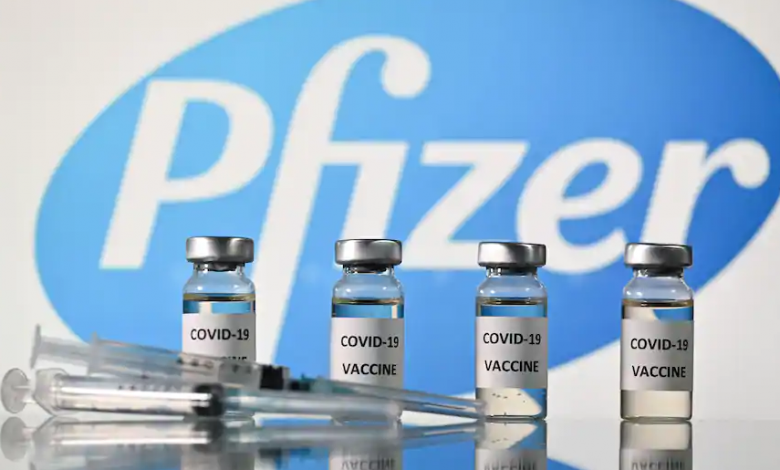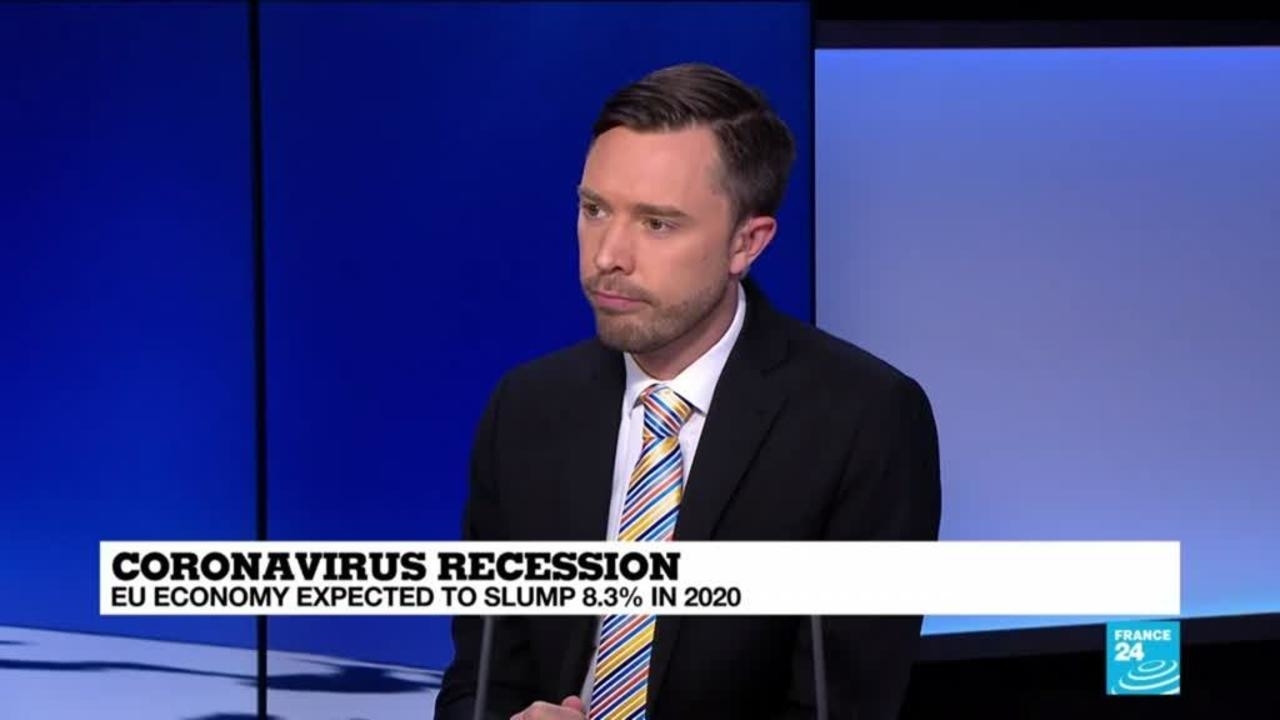Britain approves Pfizer-BioNTech COVID-19 vaccine, which will roll out from next week

abc– Britain has become the first country in the world to approve the Pfizer-BioNTech COVID-19 vaccine for use and says it will be rolled out from early next week.
“The Government has today accepted the recommendation from the independent Medicines and Healthcare products Regulatory Agency (MHRA) to approve Pfizer-BioNTech’s COVID-19 vaccine for use,” the Government said in a statement.
“The vaccine will be made available across the UK from next week.”
The move makes Britain one of the first countries to begin vaccinating its population as it tries to curb Europe’s deadliest COVID-19 outbreak, with almost 60,000 deaths.
Other countries are not far behind: the United States and the European Union are also vetting the Pfizer vaccine, along with a similar shot made by competitor Moderna Inc, although a prominent member of the European Parliament has warned against hasty approval.
British regulators are also considering another vaccine made by AstraZeneca and Oxford University.
Pfizer said it would immediately begin shipping limited supplies to the UK and has been gearing up for even wider distribution if given a similar nod by the US Food and Drug Administration, a decision expected as early as next week.
But doses everywhere are scarce and initial supplies will be rationed until more is manufactured in the first several months of next year.
Pfizer said Britain’s emergency use authorisation marks a historic moment in the fight against COVID-19.
“This authorisation is a goal we have been working toward since we first declared that science will win, and we applaud the MHRA for their ability to conduct a careful assessment and take timely action to help protect the people of the UK,” chief executive Albert Bourla said.
“As we anticipate further authorisations and approvals, we are focused on moving with the same level of urgency to safely supply a high-quality vaccine around the world.”
Health Secretary Matt Hancock said the vaccination program would begin early next week. Hospitals, he said, were already ready to receive it.
“It is very good news,” Mr Hancock said.
‘Hard winter’ ahead for UK
While the UK has ordered enough Pfizer vaccine for 20 million people, it is not clear how many will arrive by year’s end.
Adding to the distribution challenges, the Pfizer vaccine must be stored at ultra-cold temperatures and two doses three weeks apart are required for protection.
The UK Government says frontline health care workers and nursing home residents will be first in line to get vaccinated, followed by older adults.
But Prime Minister Boris Johnson has warned “we must first navigate a hard winter” of restrictions to try to curb the virus until there is enough vaccine to go around.
Every country has different rules for determining when an experimental vaccine is safe and effective enough to use.
Intense political pressure to be the first to roll out a rigorously scientifically tested shot coloured the race in the US and Britain, even as researchers pledged to cut no corners.
European Parliament member Peter Liese, a member of German Chancellor Angela Merkel’s party, called Britain’s approval “problematic” as it was done too hastily.
“I consider this decision to be problematic and recommend that EU Member States do not repeat the process in the same way,” he said.
“A few weeks of thorough examination by the European Medicines Agency (EMA) is better than a hasty emergency marketing authorisation of a vaccine.”
French Prime Minister Jean Castex echoed Mr Liese’s caution, saying a European decision was expected towards the end of December.
“From what I know, it’s due in the days ahead, more likely towards the end of December than the beginning,” he said.
“I will never take the risk of vaccinating people without having the approval to put [the vaccine] on the market by the competent authorities.”
In contrast, China and Russia have offered different vaccinations to their citizens ahead of late-stage testing.
The shots made by US-based Pfizer and its German partner BioNTech were tested in tens of thousands of people and while that study is not complete, early results suggest the vaccine is 95 per cent effective at preventing mild to severe COVID-19 disease.
The companies told regulators that of the first 170 infections detected in study volunteers, only eight were among people who had received the actual vaccine, while the rest had received a dummy shot.
“This is an extraordinarily strong protection,” Dr Ugur Sahin, BioNTech’s chief executive, recently told The Associated Press.
The companies also reported no serious side effects, although vaccine recipients may experience temporary pain and flu-like reactions immediately after injections.
But experts caution that a vaccine cleared for emergency use is still experimental and the final testing must be completed.
Still to be determined is whether the Pfizer-BioNTech shots protect against people spreading the coronavirus without showing symptoms. Another question is how long protection lasts.
The vaccine also has been tested in only a small number of children, none younger than 12, and there is no information on its effects in pregnant women.




